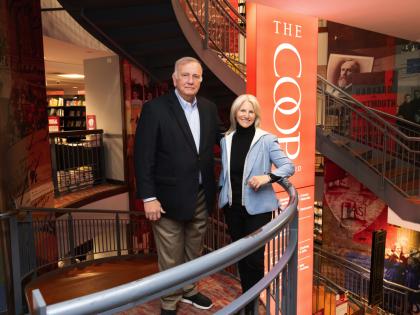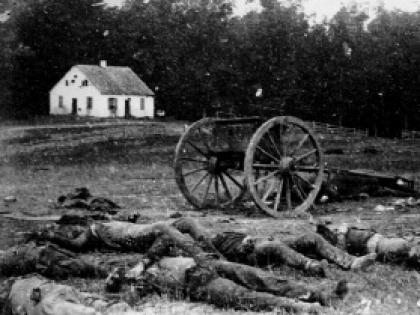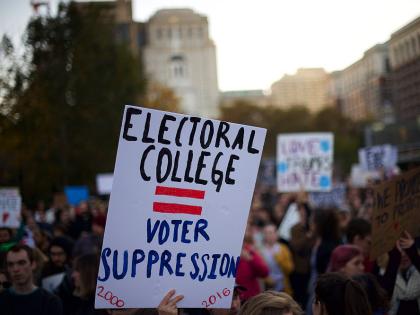Guided by its slogan, “Medicine that matters,” Boston Health Care for the Homeless Program (BHCHP) serves more than 12,000 homeless people a year. It does so at two hospital-based clinics and in shelters, motels, apartments, soup kitchens, detox units, parks, alleys, and doorways around the city. The program’s home base is Jean Yawkey Place, a modern community health center in Boston’s South End that reflects the organization’s integrated approach by housing medical, mental-health, substance-use, and dental services; a pharmacy; administrative offices; and a medical respite unit.
Operating around the clock, BHCHP is one of more than 240 Health Care for the Homeless programs in the country that receive grants from the U.S. Health Resources and Services Administration (an agency of the Department of Health and Human Services). Its staff has grown from seven in 1985 to about 400 today, including physicians, nurse practitioners, psychiatrists, dentists, social workers, and food services and maintenance staff. Most of the program’s budget of $51 million comes from third-party reimbursements (about 80 percent of patients have some type of health coverage), with other revenue coming from federal, state, and foundation grants, pharmacy charges, and charitable gifts.
Thanks to its deep ties to the local academic medical community, the program’s patients have access to Massachusetts General Hospital and Boston Medical Center, and its physicians serve as attendings on the wards, participate in grand rounds, and the like. “The hospitals have been great about having us be part of them,” says BHCHP president and founding physician James O’Connell. These affiliations, adds CEO Barry Bock, “have helped us attract some of the brightest minds to come and work here, not just in medicine but also in nursing and research.”
Under O’Connell’s leadership, BHCHP opened the nation’s first medical respite unit for patients too sick to return to shelters or the street, but not sick enough to require a costly hospital admission. The 104-bed Barbara McInnis House provides a clean bed, nutritious meals, and medical care for people dealing with cancer, AIDS, heart failure, or other illnesses, recuperating from injuries, or facing the end of life. In the mid 1990s, BHCHP and MGH computer scientists developed the country’s first electronic medical record system for the homeless to coordinate care across sites for this uniquely mobile and rootless population. More recently, the program launched a special clinic for homeless transgender individuals, as well as a motel-based clinic that offers checkups, vaccinations, and other primary-care services for homeless families.
Howard K. Koh, Fineberg professor of the practice of public health leadership at the Harvard Chan School of Public Health and Harvard Kennedy School, has admired O’Connell since their days as physicians-in-training, and has followed the country’s expansion of quality healthcare for homeless people during his government service in Boston and Washington. “Through all these developments,” Koh writes in his foreword to O’Connell’s book, Stories from the Shadows, “the lessons from BHCHP have served as a beacon for the nation.”








